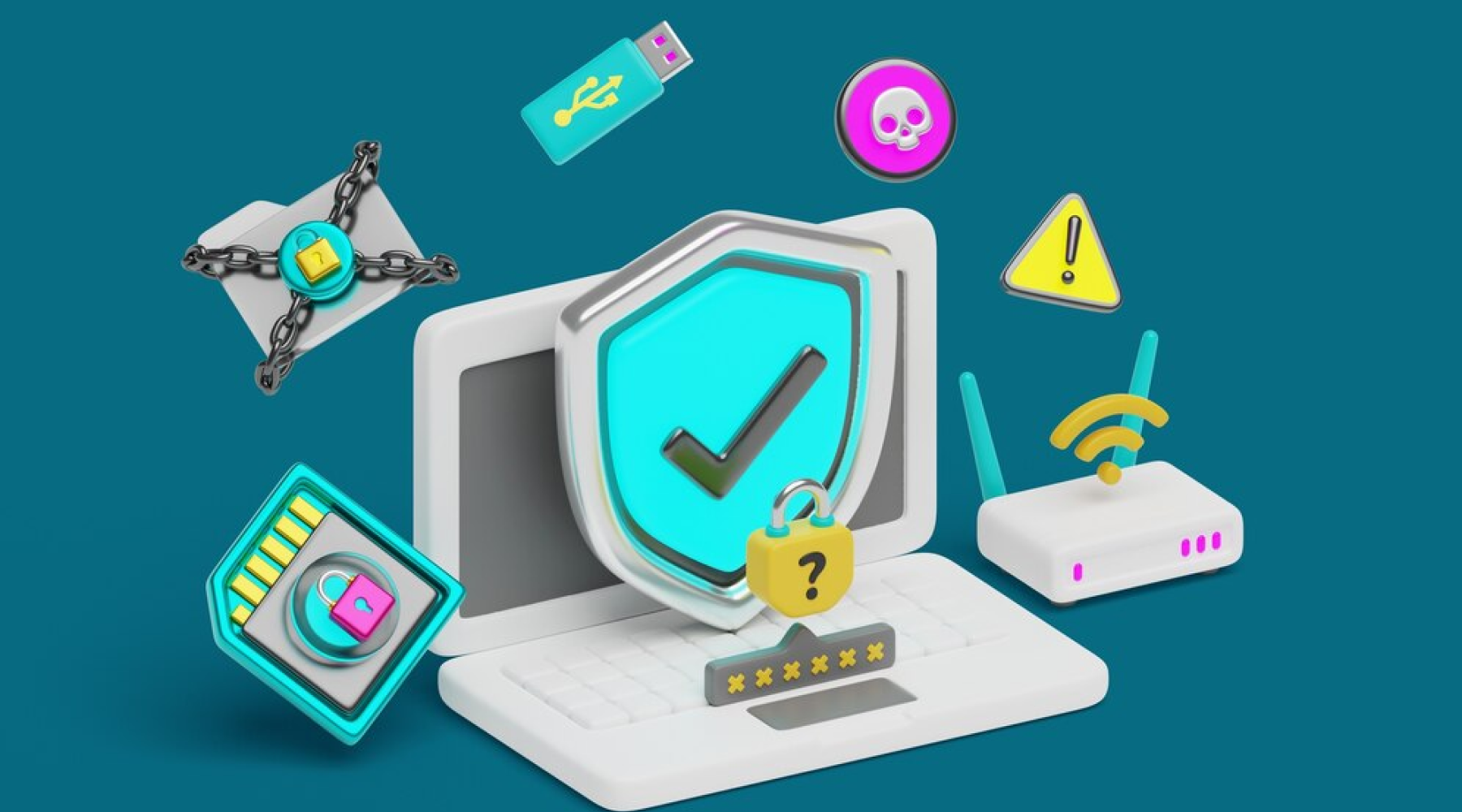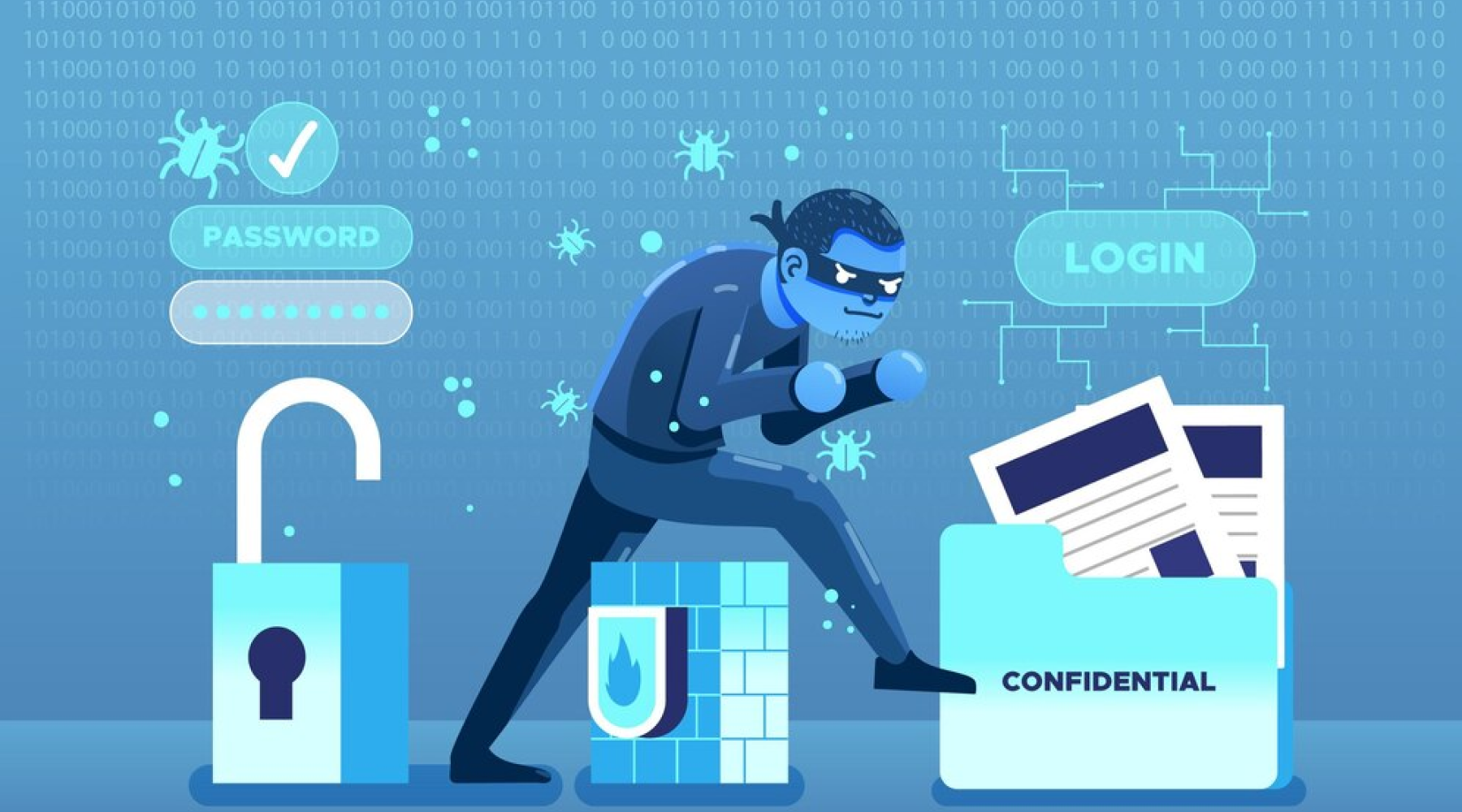In today’s fast-paced digital world, businesses are constantly under siege from cyber threats. From ransomware to phishing, the potential for a data breach looms large over organizations of all sizes. While many companies invest in preventative cybersecurity measures, one question remains:
How prepared is your business to handle the aftermath of an attack? This is where cybersecurity warranty coverage steps in, offering not just financial recovery but proactive defense measures to strengthen your overall security strategy.
In this blog, we’ll explore how cybersecurity warranty coverage fits into your existing cybersecurity approach and how it can enhance your ability to respond to the ever-evolving landscape of cyber threats.
The Evolving Cybersecurity Landscape
As technology is evolving, so are the methods used by cybercriminals. In recent years, there has been a dramatic rise in the sophistication of attacks, especially ransomware and phishing scams. Many businesses assume that their existing cybersecurity setup—whether it’s antivirus software, firewalls, or multi-factor authentication—will be enough to protect them.
However, these tools are only part of the equation. A robust security strategy must include plans for financial recovery, operational continuity, and quick response times in the event of a breach. This is where cybersecurity warranty coverage offers a crucial layer of protection that goes beyond standard prevention methods.
How Does Cybersecurity Warranty Coverage Enhance Your Current Strategy?
Proactive Risk Management: A Layer of Assurance
While traditional cybersecurity coverage often focuses on post-breach financial recovery, cybersecurity warranty coverage emphasizes the importance of proactive risk management.
Many warranties require businesses to adopt specific preventive measures, such as regular vulnerability assessments, patch management, and employee training. By doing so, they ensure that businesses are not only protected financially but are also less likely to suffer an attack in the first place.
Stat: Companies that implement proactive cybersecurity measures, such as regular system updates and staff training, reduce their chances of a successful cyberattack by 30%.
This proactive approach reinforces your existing security protocols by encouraging continuous improvement and minimizing gaps in your defenses.
Streamlined Incident Response: Faster Recovery, Less Downtime
The matter of quick response times cannot be overstated in the event of a cyberattack. Cybersecurity warranty coverage often comes with access to specialized response teams who can act immediately to contain and mitigate the damage.
This added resource can significantly reduce the time it takes to recover from an attack, which directly translates into less downtime and minimized financial loss.
Fact: According to IBM’s 2023 Cost of a Data Breach Report, businesses with rapid incident response plans reduce their breach costs by an average of $1.12 million.
By integrating warranties into your strategy, your business is not only better equipped to prevent attacks but also capable of responding quickly when incidents occur. This ensures faster recovery and a return to normal operations with less disruption.
The Financial Safeguard: Filling Gaps in Traditional Cybersecurity Coverage
Ransomware and Legal Costs: What’s Covered?
Cyberattacks, especially ransomware, are notorious for their potential to cripple businesses. While cybersecurity coverage typically focuses on compensating businesses for recovery costs, cybersecurity warranty coverage provides a broader financial safety net. It often covers expenses such as:
- Ransom Payments: Many warranties can help with ransom negotiations or even cover ransom payments (where legally allowed), ensuring that businesses have the financial support needed to recover data.
- Legal Fees and Compliance: Breaches often result in legal challenges and regulatory penalties. Warranty coverage ensures the protection of businesses from the high costs of litigation and fines.
- Business Interruption: Cyberattacks can bring operations to a halt. Warranty coverage helps recover the losses associated with business downtime, allowing organizations to get back on their feet faster.
By filling the gaps left by standard insurance policies, cybersecurity warranties ensure businesses have the support they need to fully recover from an attack without facing devastating financial consequences.
Building Resilience: Why Cybersecurity Warranties Matter
Compliance with Regulations and Industry Standards
For industries bound by strict regulations—such as healthcare, finance, and retail—compliance is non-negotiable. Falling short of regulatory standards like HIPAA, GDPR, or PCI DSS can result in high fines and reputational damage.
Cybersecurity warranty coverage often includes built-in compliance safeguards, ensuring businesses are adhering to the necessary guidelines.
In fact, many cyber warranty companies offer audits and monitoring services that help businesses stay compliant and avoid costly penalties. This makes warranties particularly valuable for businesses in highly regulated sectors.
Stat: A 2024 report indicated that companies utilizing cybersecurity warranties to support compliance reduced their chances of regulatory penalties by 50%.
Enhancing Customer Trust and Business Continuity
One of the most significant challenges businesses face after a cyberattack is the loss of customer trust. Data breaches can lead to long-term reputational damage. Cybersecurity warranty coverage helps mitigate this risk by offering resources to manage public relations and customer communication in the wake of an attack.
By swiftly addressing the breach, notifying customers, and taking visible actions to strengthen security, businesses can restore confidence and maintain strong relationships with their customers. This level of transparency not only protects your reputation but also ensures business continuity.
Cyber Warranty Companies: A New Approach to Cybersecurity
Tailored Solutions for Specific Industries
Not all cyber threats are the same, and different industries face different risks. Cyber warranty companies are increasingly offering tailored warranties based on the unique needs of specific sectors.
Whether you’re in healthcare, retail, or financial services, these companies design their offerings to align with the specific vulnerabilities of your industry.
For example, a financial institution may need enhanced fraud protection, while a healthcare provider requires strict patient data safeguards. This customization allows businesses to ensure their warranty coverage is relevant to their particular challenges, offering peace of mind in a rapidly changing threat landscape.
Continuous Monitoring and Threat Detection
One of the most innovative aspects of cybersecurity warranty coverage is the incorporation of continuous monitoring. This service provides businesses with 24/7 surveillance of their networks, often powered by AI, to detect and neutralize threats in real-time.
This constant vigilance adds a crucial layer of protection that complements your current security setup, ensuring no threat goes unnoticed.
Fact: Companies with continuous monitoring services were found to reduce the likelihood of a data breach by 40%, according to a 2023 cybersecurity survey.
Conclusion
Cyberattacks are no longer a question of if, but when. Incorporating cybersecurity warranty coverage into your security strategy not only helps protect your business from financial ruin but also strengthens your proactive defenses against modern cyber threats.
With a combination of financial protection, compliance support, and real-time incident response, cybersecurity warranties provide the holistic protection businesses need to survive and thrive in a risky digital environment.





